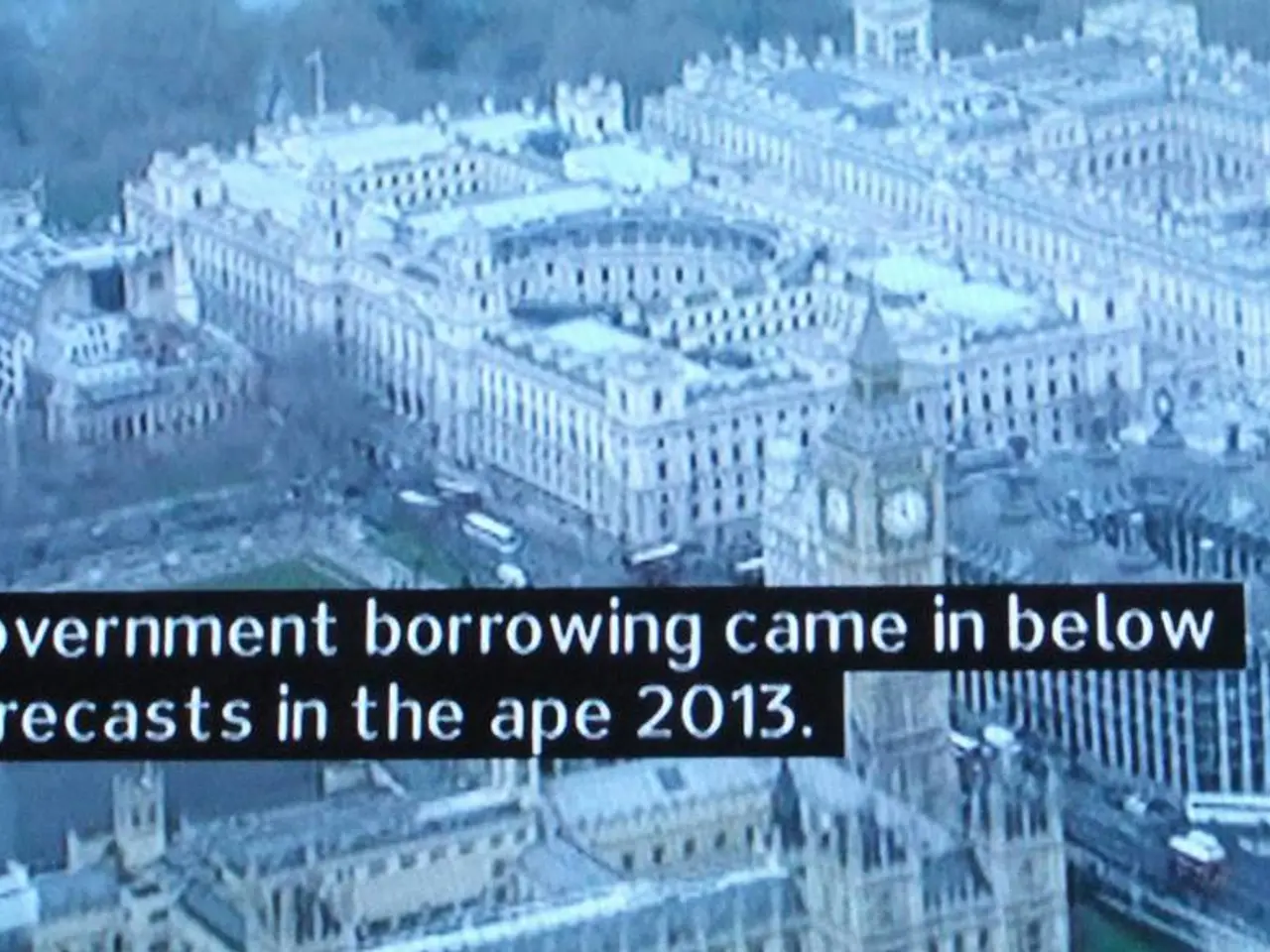David Fogarty departs from CBRE to assume leadership role in UN Global Compact Network Singapore
In the realm of business, two significant developments have taken place recently in Singapore. Firstly, there have been ongoing layoffs at CBRE's Global Workplace Solutions team, affecting at least ten employees, many of whom held leadership positions. CBRE has chosen not to comment on the matter.
Secondly, the United Nations Global Compact has appointed David Fogarty to lead its Singapore chapter, effective October 1. Fogarty, who has been with real estate services and investment giant CBRE for 14 years, will take over from Esther Chang, who has moved on to become the chief executive at Asia Philanthropy Circle.
David Fogarty is no stranger to sustainability leadership roles. In his previous position at CBRE, he led the Asia Pacific environmental, social, and governance (ESG) consulting and sustainability services team. His new role at the UN Global Compact will involve leading strategic direction, strengthening corporate engagement, and overseeing key initiatives such as the annual summit, the LowCarbonSG programme, and the Singapore Apex Corporate Sustainability Awards.
The Singapore chapter of the UN Global Compact, established in 2004, is one of 63 country chapters of the global initiative launched by the UN Secretary-General in 2000. Key initiatives include promoting sustainable business practices and advancing the UN Sustainable Development Goals (SDGs) in Singapore.
The appointment of David Fogarty comes as CBRE undergoes restructuring, with the team expanding last August through the acquisition of Singapore-based firm Paia Consulting. The acquisition increased the team's size from 10 to 27 employees, with Carrie Johnson, founder of Paia Consulting, staying on as lead consultant in the combined team, known as Paia FROM CBRE.
Meanwhile, Corrado Forcellati, former managing director of Paia Consulting, was appointed CBRE's director of client sustainability strategy and solutions. Forcellati's appointment indicates CBRE's commitment to sustainability, even as it undergoes restructuring.
Outside of his role at CBRE, David Fogarty is also known for his work as the deputy foreign editor and senior climate writer at The Straits Times, where he covers environmental topics such as biodiversity and climate-related issues. However, it appears there might be confusion between two individuals named David Fogarty, given the different roles mentioned.
As Fogarty takes on his new role at the UN Global Compact, he is poised to make a significant impact in promoting sustainable business practices and advancing the UN Sustainable Development Goals in Singapore. His expertise and commitment to sustainability will undoubtedly contribute to the continued growth and success of the UN Global Compact in Singapore.
- David Fogarty's new role at the UN Global Compact will focus on leading green jobs in Singapore, such as overseeing the LowCarbonSG programme and the Singapore Apex Corporate Sustainability Awards.
- The increased size of CBRE's team after the acquisition of Paia Consulting includes employees responsible for green building sustainability initiatives.
- Environmental-science professionals like Fogarty, who work in the industry, play a crucial role in tackling climate-change issues and promoting sustainability.
- The finance sector can contribute to sustainability by investing in businesses that focus on SDGs, such as green jobs and reducing carbon emissions.
- Businesses that prioritize sustainability and environmental science can helps mitigate the impacts of climate change, thus ensuring a more sustainable future for the environment.




